 Features
Features
These artists travel the world to create next-level sounds
Artists without borders, musicians sans frontières
They say travel broadens the mind. Whether that’s the celebrated writer Mark Twain philosophising in his best-selling book The Innocents Abroad or teenagers justifying their boozy gap year tour through South-East Asia as ‘self-improvement’, the concept of expanding one’s personal horizons by heading for the literal horizon has become an accepted truism. Whether applied earnestly or flippantly, the logic that diversifying your experiences and interactions can have a constructive effect seems sound, and in a world opened up by air travel and the internet, this idea is permeating wider corners of culture. In electronic music, artists are working across countries in the pursuit of creating and capturing boundary-breaking sounds. They're artists without borders, musicians sans frontières.
Xosar participated in the 2014 Red Bull Music Academy in Tokyo, and found the opportunity to collaborate with musicians hailing from all corners of the globe in a new setting thousands of miles from home to be a “magical” experience. “It’s not easy to meet like-minded people, in any field, but when it happens, I deeply cherish it,” says Xosar, adding that it incubates “forces that are as big as your imagination will go. It’s like being at Hogwarts School of Witchcraft and Wizardry.”
While at the Academy, Xosar got in the studio with a “spontaneous and random configuration” of producers hailing from America, Holland, Portugal and the UK (Nightfeelings, Torus, MMMOOONNNOOO and Ossie respectively) and American rapper and producer Zebra Katz and made ‘?’, a fraught, adrenaline-charged track that marries an intense mix of growling bass, searing synth surges and spiky noise. The creative process behind the gripping production involved the artists gathering together and sharing their varying perspectives, leading to the distinctly out-there result. “We would usually have a phase of generating a matrix of thoughts and ideas, we would show each other YouTubes and other songs we’ve made, talk about bigger movements in society that are on our mind,” explains Xosar. “Then we start working on it, each person goes around and tries to contribute an idea, and eventually a more cohesive set of emotional and physical energies can be realised.”
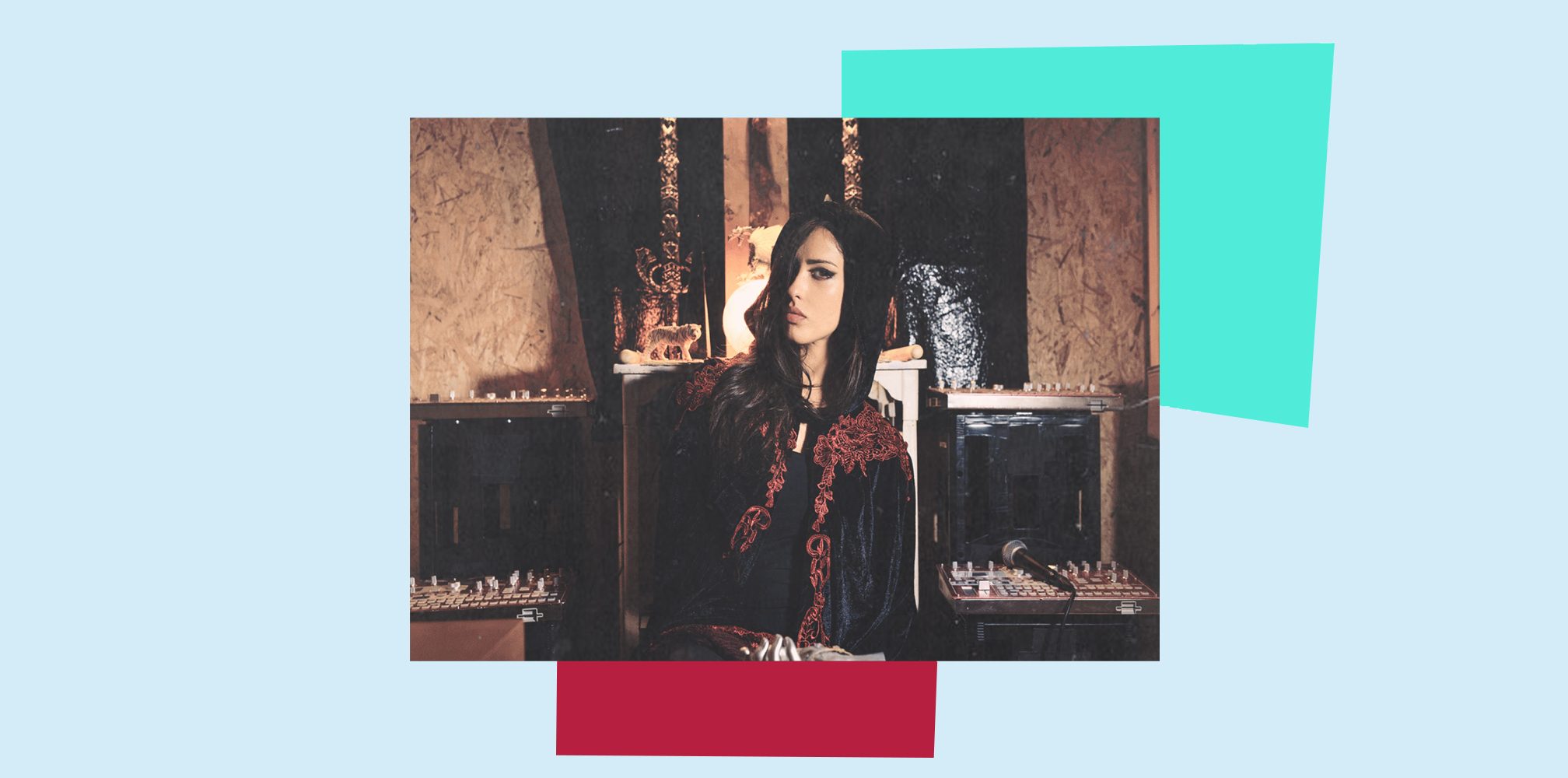
Arlen Dilsizian and Derek Debru are the co-founders of Ugandan label Nyege Nyege Tapes, who established Boutiq Studio in the Makindye district of Kampala in 2015, a community-focused recording space that is designed to be open to artists “whose work we feel aligns with the vision and aims of the studio”. They extend invites to musicians hailing from across the globe, and inside the ripe creative conditions of the Boutiq Studio, musical experiments are producing exceptional results. An early guest of the studio was Los Angeles hip hop mainstay Riddlore, who worked with field recordings to make what Dilsizian and Debru described as a “new Afro inspired bass sound” in the liner notes of the resultant 14-track album ‘Afromutations’. “He came up with a sound that sounded completely fresh to us,” the label heads say, “both in the way it reworked the field recordings, but also in relation to the already incredible body of work he had previously made.” Another memorable session occurred when legendary synth player Mamman Sani stayed for a month. Sani had never previously left his home nation of Niger to visit another African country before heading to Boutiq Studio, and while there he became taken with the sounds of Ugandan music style electro acholi, spending hours each day improvising reinterpretations of the recordings laid down by locals.
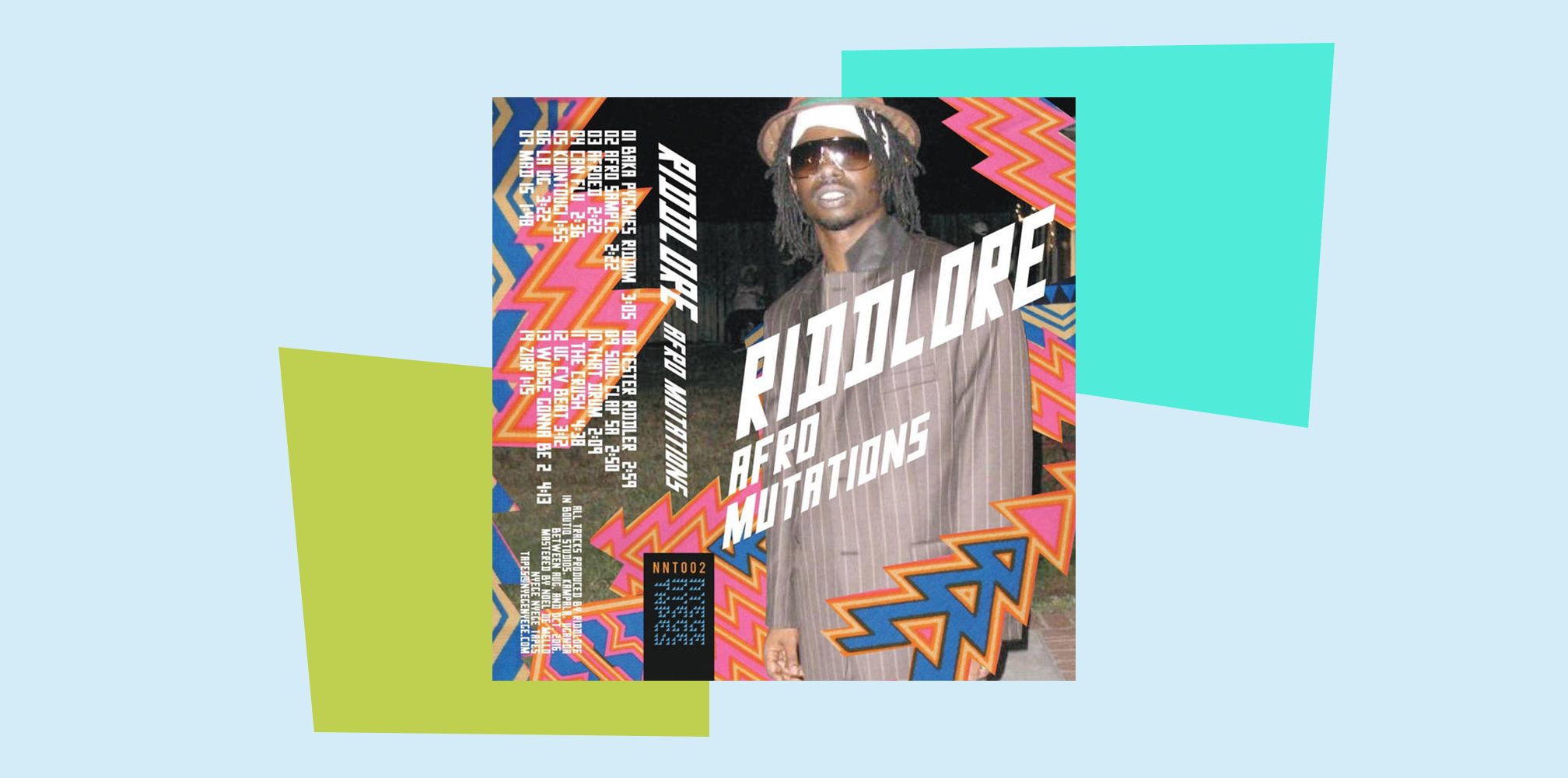
Leeds-based musician Jacob Maskell-Key first visited Boutiq Studio aftering playing at Nyege Nyege Festival in 2016 alongside Blip Discs artists Tom Blip and O’Flynn, and in 2017 he returned and worked with the Nilotica Cultural Ensemble and Pete Jones on the Nihiloxica project. Their eponymous four-track EP marries synths and percussion into dark, tension fuelled sounds. “Living in a new environment and settling into it makes a big difference to the work. Being able to rehearse every week has allowed us to explore different rhythms from all over Uganda and translate them into our own style. It’s been a beautiful exchange of ideas,” says Maskell-Key. The closing track on the ‘Nihiloxica’ EP is based on an “Mbaru circumcision ritual in the East of Uganda”. Titled ‘Kadodi’, Maskell-Key explains: “It’s a fast paced triplet rhythm that’s supposed celebrate the transition into manhood, but also illustrates the intensity and fear of the whole process.”
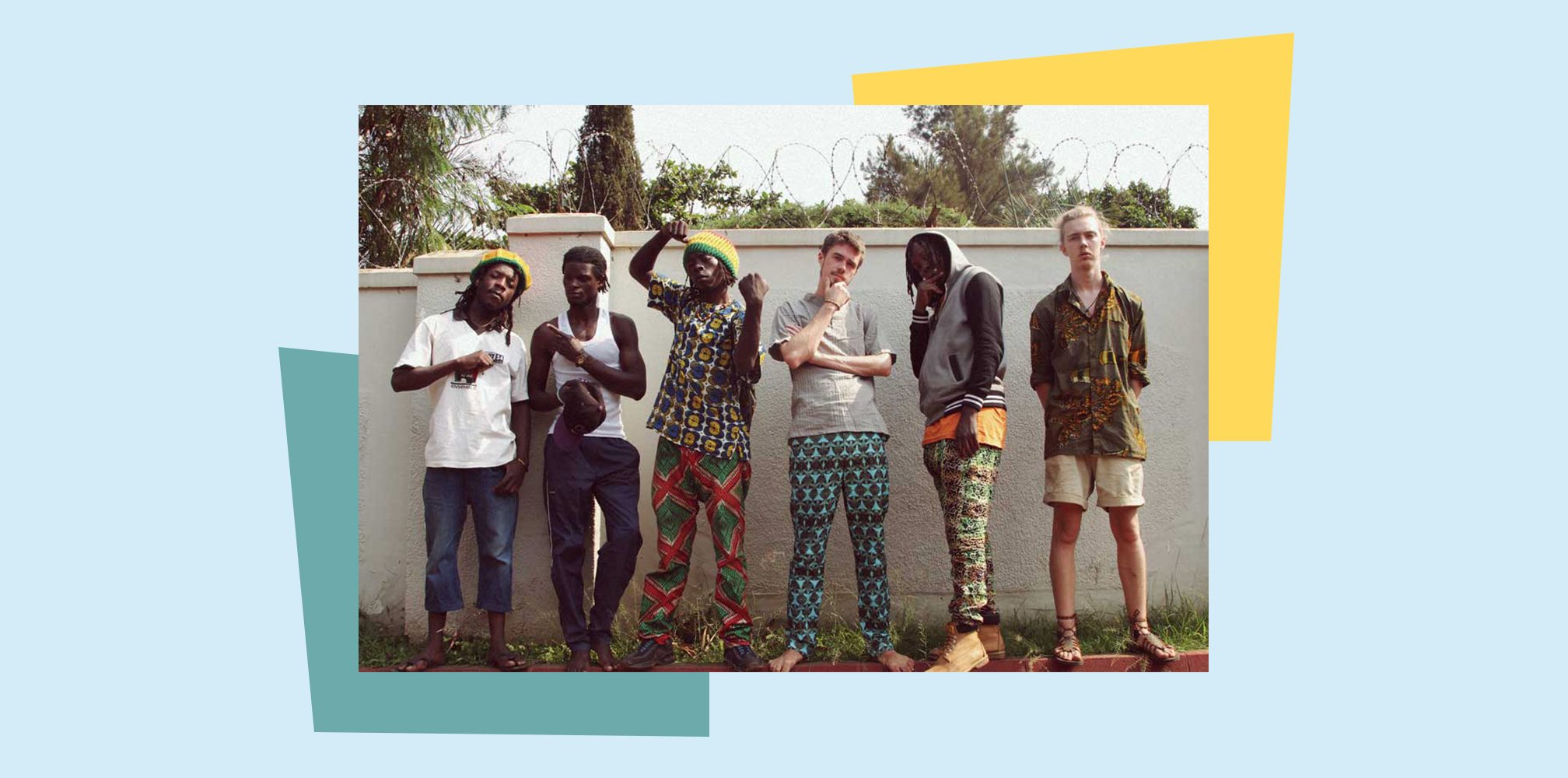
Jesse Hackett, an industrious musician who, among other projects, is a live keyboardist for Gorillaz and vocalist and keyboardist for Owiny Sigoma Band, had been to Uganda twice before a Kenya-based mutual friend put him touch with Dilsizian and Debru. Plans were made for Hackett to spend two weeks at Boutiq Studio, but he ended up staying for six, recording the psychedelic ‘Ennanga Vision’ album with electro acholi pioneer Otim Alpha and Albert Ssempeke, a former royal musician for the king of Buganda. “Working in different countries with musicians who have a very different set of skills, life experience and culture is always challenging and can be really rewarding. I guess it has taught me to be able to adjust to elements that are often very alien to me and try find interesting and genuine ways how to reinvent the creative process and product,” says Hackett.
He was taken out of any semblance of a comfort zone when spending a day shooting with local action film makers Wakaliwood, where he was “smothered in pigs intestines and eaten alive by zombie cannibals” for a video accompaniment to the track ‘Kampala Auto Chase’. “I guess the dark, moody, choppy, techno feel of the piece of music kind of suited this bizzare scenario so...we just went with it,” he later said. Dilsizian and Debru pick out the shoot as one of their most unforgettable days since Boutiq Studio opened. Reflecting on the creative direction, they say “as the music develops a crazy parallel visual world is also constructed around the music”.
As well as the music made cooperatively on location, the experience of international collaboration can inspire artists and influence music they make thereafter. In 2014, acclaimed experimental techno producer Vessel was part of a project that saw him join James Holden, Floating Points and Biosphere on an expedition to Morocco to work with Gnawa musicians, a spiritual north African music that combines poetry with traditional rhythms. “It is subtle, sophisticated music and whilst ancient, it still feels vital,” says Vessel, describing the rhythms played on hand percussion instrument the Qraqeb as “simultaneously lithe and angular, producing insistent momentum and dizzyingly high frequencies”, which the ritualistic vocals complement like “sympathetic resonances”.
At first, he struggled. “Trying to play with the musicians was incredibly frustrating. They were doing what I wanted to be doing, playing music which was totally alive, fierce and physical. Complex whilst still simple, seductive but not straightforward. They could communicate the feeling through their bodies and instruments in a way that electronic music tools struggle to facilitate. So initially I was rather despondent,” says the Bristolian producer. But after working with the “patient, kind” Gnawa musicians across the week-long residency, he found the experience incredibly enriching. “I learned so much from the musicians. Ideas that have become so deeply ingrained in my approach and thinking that it is difficult to express them,” he says. “It crystallised certain ideas and feelings that had been quietly forming for a long time. What I experienced there has become a bedrock for my own work, and is something I will always try to reach for.”
Mala faced a similar internal conflict while working on his 2012 album ‘Mala In Cuba’, telling FACT that upon first hearing the Cuban musicians he thought: “I don’t know if I can even work with these guys because they’re on a totally different level musically, and I feel so inferior”. But after realising they had no understanding of how he produced his own sounds, he decided merging these two unfamiliar approaches could result in something fresh. Cuban singer Danay Suarez who features on album track ‘Noches Sueños’ praises Mala’s “creative mind” and says she “deeply enjoyed every sound”.

Unfortunately, but perhaps inevitably, not all travelling artists have the most wholesome of intentions and some seek to exploit the regions they visit for personal gain without giving back or being a part of collaborative projects. Earlier this year, Nabihah Iqbal criticised Damon Albarn’s Africa Express project for imposing a contract upon all participants stating they must waive rights to their music for a fee of £1. Dilsizian and Debru say there have been foreign arrivals to Boutiq Studio “who fly in with the aim of primarily recording local artists and sampling for their own productions”. For the most part, though, their experiences have been positive. And when visiting artists approach their work ethically, the impact can be beneficial on a scale that extends beyond the confines of one recording studio. “Many visiting artists have also been instrumental in helping train and share knowledge with some of the younger producers we work with from Congo, Kenya, Tanzania and Uganda,” the Boutiq Studio bosses say, reflecting on the positive proliferation of musical inspiration. “The sources of inspiration for musicians [in Europe] are many and there is a network where artists are in communication with one another, follow each other's work and get to perform regularly. This ecosystem is still lacking here.”
“A lot of great stuff you hear in terms of underground dance music made on the continent [of Africa] is often made against a lot of odds and with artists constantly in precarious situations and limited performance opportunities. Local artists are often very eager to learn and hear new music that they would not be normally have the opportunity we hear,” they add. “We have already seen that this exposure filters down to the sonic areas many young producers are exploring, the same way artists who come and visit us often leave with many novel ideas to explore in their work.”
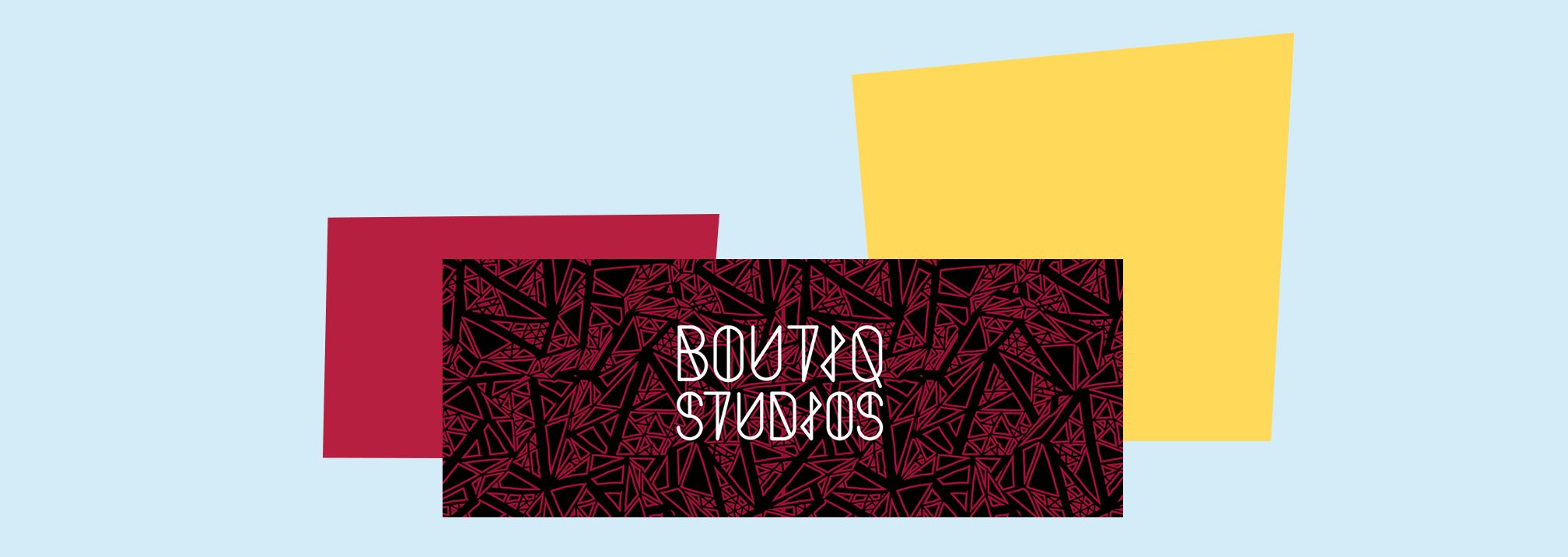
Arys Arenov, who produces under the alias Aresibo, was inspired to make club music by his experience meeting international musicians, such as Xosar, at the 2014 RBMA in Tokyo. “I learned a lot simply by watching other people working,” he says, “the whole vibe of the academy inspired me to start experimenting with dance music”. He is now key figure in Kazakhstan’s developing electronic music scene,
Four hours from Kampala is a town called Iganga, home to the Mugwisa International Xylophone Group, masters of the sizable Embaire xylophone which requires up to nine players and is dug into a pit in the ground to bolster the instrument’s depth and tonality. In 2016 they put out the ‘Santuri's Embaire Umeme’ featuring electronic reworks of recordings via On The Corner Records in collaboration with East African underground network Santuri and Sam Jones’ non-profit cultural development organisation SoundThread. As part of the project, an outdoor performance area was created with local villages to “help people from outside the community join the experience” and provide “a commercial space with which to showcase performances [that] will have a beneficial effect on the village and on maintaining the culture of the Embaire as a community resource”. The environment made for the perfect setting to capture the sound of M.I.X.G, and then spread it to new climes. “Recordings have to have an aesthetic with represents where the music is from. The sterile environment [of studios] often robs recordings of their natural sound, and subsequently authenticity,” says Sam Jones.
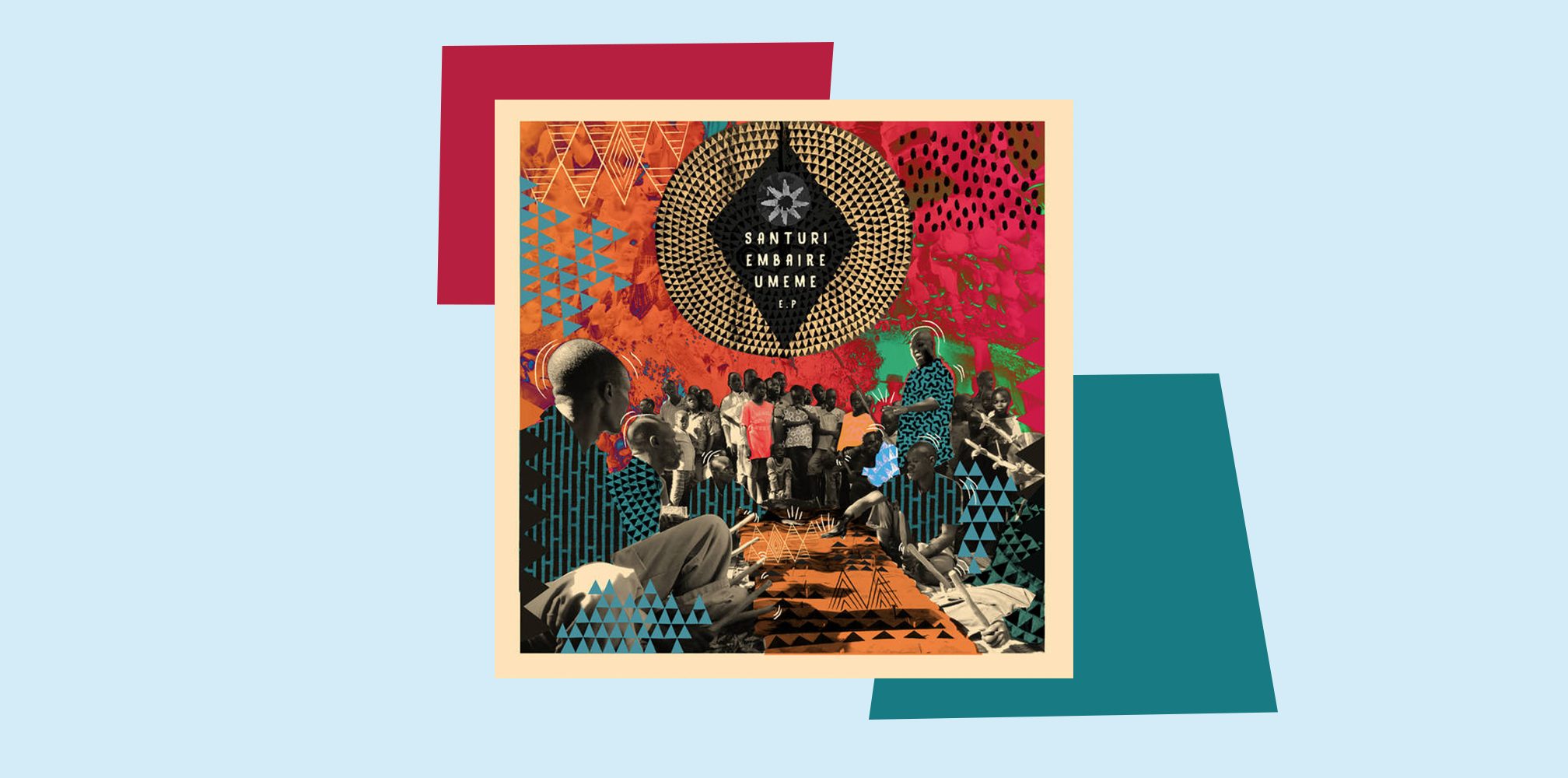
All of these experiences are contributing to a shift in the global musical landscape: connections are being made, scenes and artists are progressing, innovative sounds are being produced, music is spreading to new areas. Brian Durr, an American artist based in Tokyo who runs the label Diskotopia alongside UK-born Matt Lyne and Japan native Am Rhein, believes that in the age of globalisation, international borders are becoming imperceptible when it comes to music. “I personally don’t even think people see music as ‘foreign’ much anymore anyway as they can just gravitate towards those styles, artists and vibes that are resonating with their own sense of self the most,” he says. The world is getting smaller - the pool of next-level music we can access is ever-growing.
Patrick Hinton is Mixmag's Digital Staff Writer, follow him on Twitter



